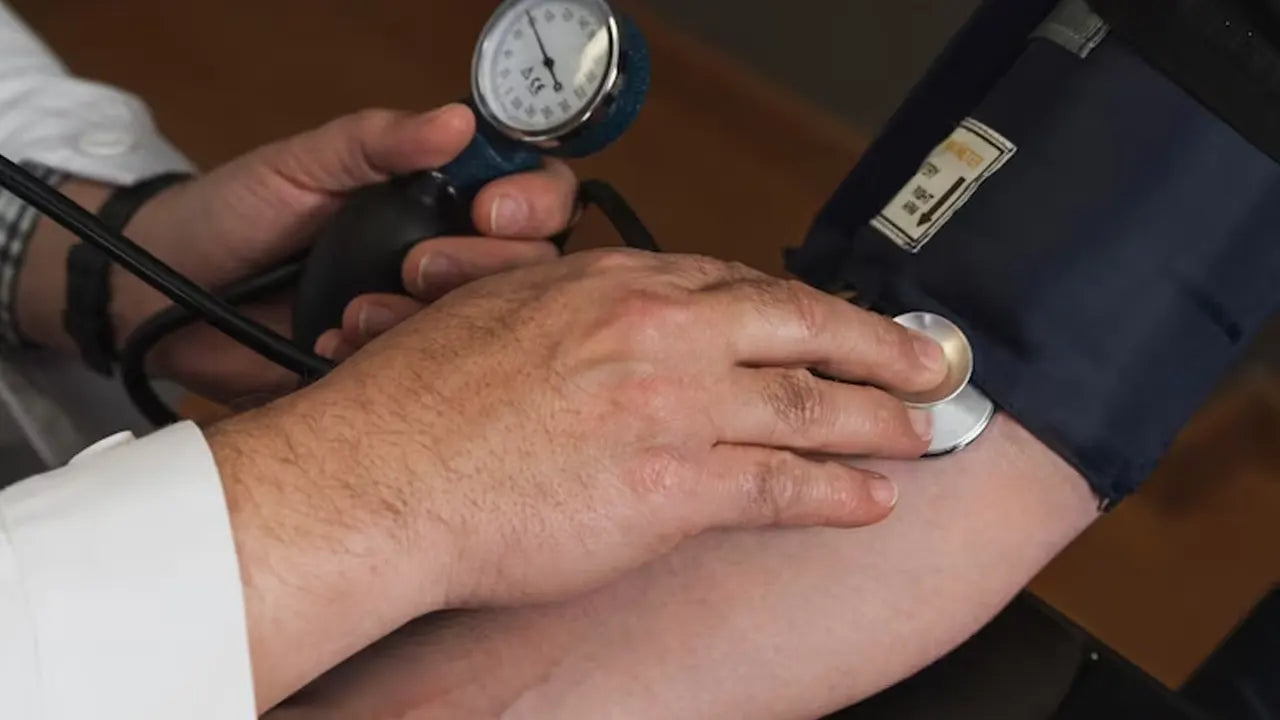Imagine a world where a single supplement could play a role in managing blood pressure, potentially reducing the risk of heart disease. Coenzyme Q10 (CoQ10) just might be that supplement. Studies have investigated whether CoQ10 can lower blood pressure. So, how quickly does CoQ10 lower blood pressure? While some studies have shown promising results, more research is needed to confirm its effectiveness. Let's take a deep dive into the world of CoQ10, its sources, and its potential impact on blood pressure and overall heart health.
In this journey, we will explore the basics of blood pressure, the role of CoQ10 in the body, and the research findings on its effect on blood pressure. We will also discuss proven strategies for managing blood pressure and the safety considerations of CoQ10 supplementation. Are you ready to unlock the potential of this powerful antioxidant?
Short Summary
- CoQ10 is a naturally occurring substance that may have protective effects on cardiovascular health, but research findings on its effect on blood pressure are inconclusive.
- Proven strategies for managing blood pressure include lifestyle modifications and medical interventions.
- Supplementation with CoQ10 has been linked to improved outcomes in individuals with chronic heart failure. It is important to understand safety considerations and potential interactions before adding it to your daily regimen.
Understanding CoQ10

Sources of CoQ10
The Role of CoQ10 in the Body
Does CoQ10 Lower Blood Pressure: Basics

Measuring Blood Pressure
Factors Affecting Blood Pressure
CoQ10 and Blood Pressure: Research Findings

Positive Results
Inconclusive or Negative Results
Proven Strategies for Managing Blood Pressure

Lifestyle Changes
Medical Interventions
CoQ10 and Overall Heart Health

CoQ10 and Heart Failure
CoQ10 and Statin Use
Safety Considerations and Interactions











